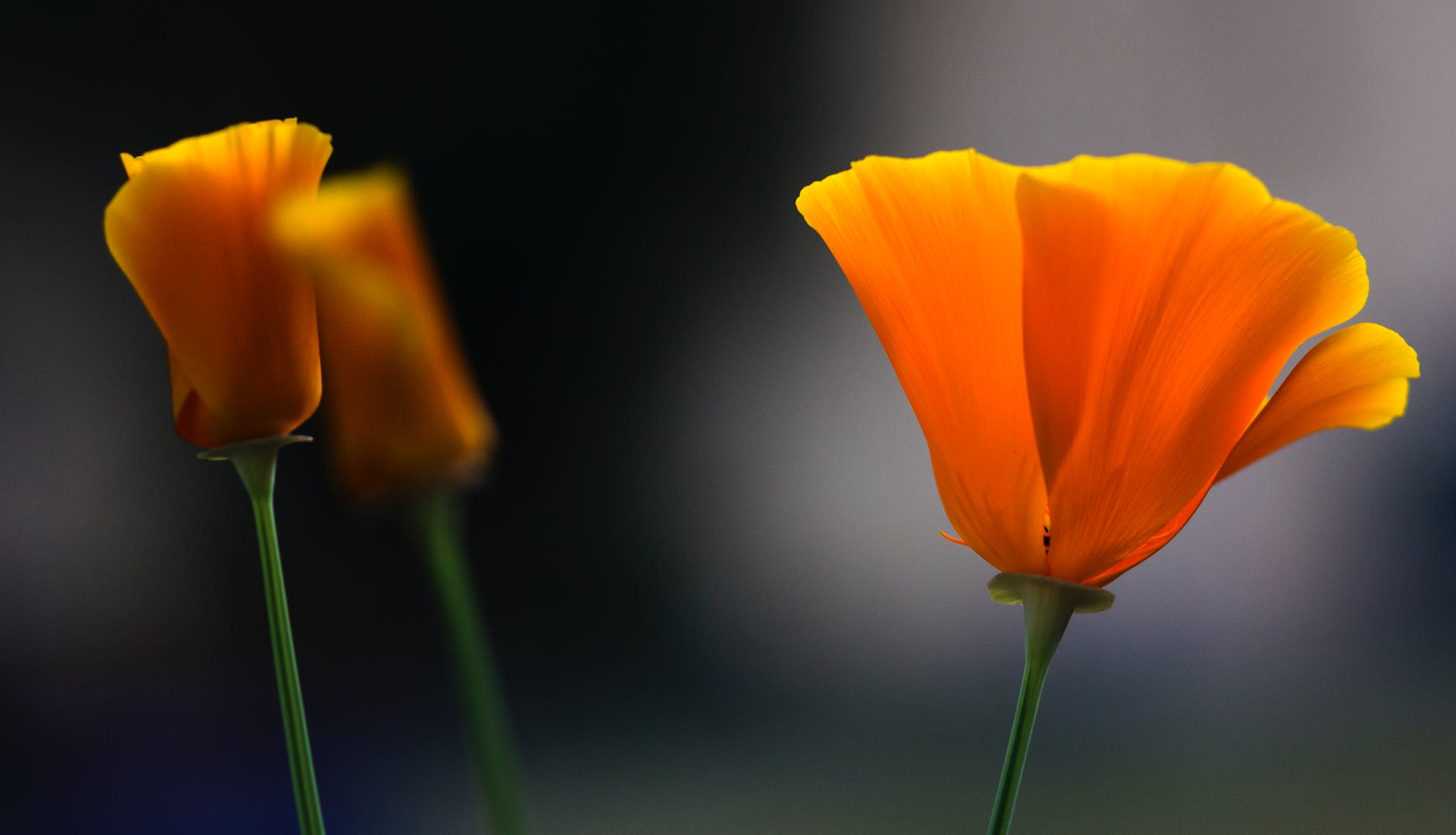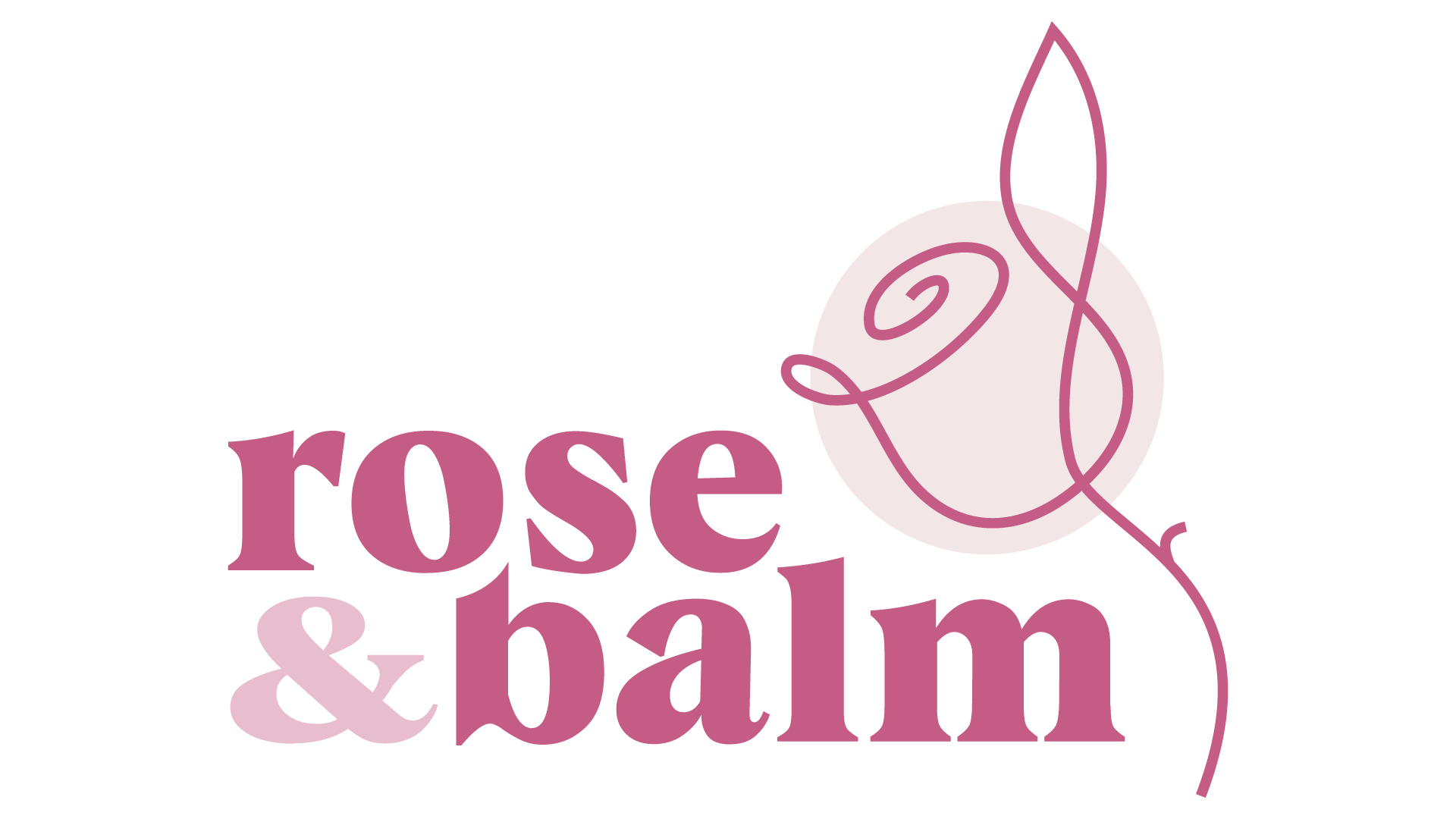Introduction
Do you suffer from tension headaches? If so, then read on to see how to ease your symptoms and find out which herbal remedies can help.
What Is a Tension Headache?
A tension headache is the most common type of headache. You will typically experience a feeling of pressure, tension or pain that is moderate to severe. Usually, you can continue with your daily activities. The pain occurs behind the eyes, at the temples, the forehead, or the back of the head. Many describe the feeling as a tight band around their head. You may feel sensitive to bright light or noise.
Thankfully, tension headaches are usually relatively short lived. They usually last from between half an hour to just a few hours. Unfortunately for some people symptoms can continue for several days. For most people tension headaches occur occasionally. Some people suffer from chronic tension headaches occurring several times a week.
What Causes Tension Headaches
Tension headache triggers:
- Emotional factors such as stress, anxiety, and depression
- Fatigue and tiredness
- Overwork and prolonged concentration
- Hunger and low blood sugar
- Dehydration
- Poor posture, for example from sitting at a desk working on a computer
- Bruxism (grinding your teeth or clenching your jaw)
- Strong stimuli such as loud noises, strong smells, and bright lights
- Alcohol
- Coffee and caffeine
Caffeine withdrawal can also cause a similar type of headache.
When to See the Doctor
A tension headache does not indicate a serious health problem and can usually be addressed by resolving the cause. You should see your GP if these headaches are occurring frequently or if the pain is severe. There are a number of different types of headaches and the correct diagnosis is key to treatment. See your GP if you have any other symptoms with your headache, or if your headache lasts for more than 24 hours.
Sometimes headaches can signify a serious problem. You must seek urgent medical help if you have:
- A headache that is sudden or severe, and is different to your usual headaches
- Sustained a head injury in the previous 3 months
- Nausea, vomiting, fever and stiff neck
- A worsening headache with a high fever
- Become confused or have memory problems
- Other symptoms of muscle weakness or numbness
- Developed slurred speech or difficulty speaking
What Can Help Ease Tension Headaches?
In the short-term taking over the counter painkillers can help to relieve the discomfort or pain. However, taking painkillers on regular basis can lead to you developing more headaches. A hot flannel applied to the back of the neck can sometimes be helpful.
The best strategy for you is to try and understand what is causing your tension headaches. Keeping a diary to track potential triggers can be useful. Note down what you think may have been a contributing factor with each headache, and over time you should be able to identify the triggers.
Focus on trying to make positive lifestyle changes that minimise your risk of developing a headache:
- Make sure you get plenty of sleep
- Eat little and often with protein in every meal
- Yoga can be useful for relaxation and to ease tension in muscles
- Take regular breaks whilst working
- If you work at a desk pay attention to your posture, and move around and stretch regularly
- Reduce your coffee intake if needed
- Minimise, or avoid, alcohol
- Take regular exercise
If you suffer from stress please read My Absolute Top 5 Easy Ways to Empower You to Beat Stress Naturally.
It is important to speak to your GP or a medical professional if you feel anxious or depressed.

Photo by Li Sun on Pexels.com
Herbs to Ease Tension Headaches
There are a number of herbs that you can use to ease your tension headaches.
California Poppy (Eschscholtzia californica)
California poppy is an excellent remedy for tension headache. It has mild pain killing and sedating qualities. Take a few drops of the tincture or drink as a herbal tea when you feel your headache begin. Use at night to help with insomnia. California poppy combines very well with passion flower. Avoid in breast feeding, neurological disease, depression, psychosis, liver and kidney disease (Mills, S. & Bone, K. (2008). The Essential Guide to Herbal Safety. Elsevier). Best used for only short periods of time.

Photo by Achini Kobbakaduwa on Pexels.com
Passion Flower (Passiflora incarnata)
Passion flower can help reduce muscle spasm and is a mild analgesic (pain killer). Take as a herbal tea or tincture as your headache begins to relieve pain. Helpful in tension and stress to help you relax and unwind. This herb is one of my favourite herbal remedies for sleep problems. It combines well with California poppy and valerian.
Wood Betony (Stachys betonica)
Wood betony is a calming nerve tonic that is useful when you have nervous tension and feel ‘on edge’. Helps with tension headaches associated with stress and muscular tension. Take regularly to help with stress, tension, and overwork. Wood betony combines very well with skullcap.
Lime Blossom (Tilia spp.)
Lime blossom is quite sedating and relaxing and makes a lovely herbal tea. Take as soon as you feel your headache start. It is a useful remedy if you are tense or anxious. Combines well with lemon balm for nervous tension. Drink lime blossom tea in the evening to help with sleep problems.
Valerian (Valeriana officinalis)
Valerian is an analgesic, relaxant, antispasmodic and sedative. Very helpful for tension headache take just as the headache begins. Valerian is excellent for nervous tension, anxiety, and insomnia. Combines well with skullcap for stress and nervous tension. For relaxation, insomnia and headaches you can also try adding passion flower. Avoid use whilst breast feeding and in depression (Mills, S. & Bone, K. (2008). The Essential Guide to Herbal Safety. Elsevier). Best used for only short periods of time.
Cramp Bark (Viburnum opulus)
Cramp bark, as its name suggests, is a good muscle relaxant. Useful for all kinds of muscular spasm, cramp bark is helpful to relax tense muscles and relieve pain in tension headaches. You might want to consider this herb particularly if posture is a problem, or you feel tense in your shoulders and back. Take a few drops of the tincture as a headache begins. For relieving headache associated with muscular tension it combines well with valerian and skullcap.
Skullcap (Scutellaria lateriflora)
Skullcap is antispasmodic and relaxing. It also has analgesic qualities. Use in tension headache particularly when associated with muscle tension. As a nerve tonic skullcap is restorative when you are feeling depleted from stress. Skullcap is used to help with stress, overwork, and mental exhaustion. Combines well with valerian and passion flower.
Lavender (Lavandula angustifolia)
Lavender is an excellent herb to ease tension headaches. You can apply the essential oil directly to the temples for instant relief. It tastes quite strong as a tea and so I recommend combining it with other herbs. Lavender helps to relieve stress, to relax and calm, and to ease nervous tension. It is also an antispasmodic helping to reduce muscle tension. These qualities also make it a useful remedy in insomnia. It also has an uplifting edge so it is ideal where there is low mood or exhaustion. For tension headache it combines well with lime flowers, valerian, skullcap, and cramp bark.
Summary
There are a number of things you can do to ease your tension headaches and reduce their frequency. It is helpful for you to try and identify what triggers your headaches. If you are not sure, then keeping a diary can be helpful to find common patterns.
Making simple changes to your lifestyle can help. Ensure that you eat well, avoid dehydration, and manage any stress or emotional problems. If you work in an office at a desk then take regular breaks, move around, and pay attention to your posture. Make sure that you get plenty of sleep and exercise. Yoga can be particularly beneficial.
Whilst painkillers can alleviate the pain, using them too much can result in more headaches. Herbs are best taken just as your headache begins to relieve pain. Where emotional stress or mental tension is a problem herbs can be used to help you relax.
California poppy, passion flower, and valerian can be useful analgesics. For muscle relaxation use cramp bark, valerian, skullcap or passion flower. Lavender essential oil can be dabbed on the temples just as your headache begins. For emotional tension use California poppy, passion flower, lavender, valerian, skullcap, wood betony or lime blossom. If stress or mental tension has resulted in exhaustion lavender, skullcap and wood betony can be helpful. You can also use many of these herbs to help with sleep problems. Avoid using the more sedating herbs (valerian and California poppy) on a regular basis if you have fatigue.
Combine herbs together as needed to increase their overall effect and create a remedy that works best for you.
Before using herbal remedies consult your GP, pharmacist, or Medical Herbalist, if you are pregnant or breastfeeding, have a medical condition, have any allergies to plants or foods, or are taking medications.
To find out more about how I can help you book your free discovery call here
Disclaimer
This article does not substitute for professional medical advice or treatment


Recent Comments